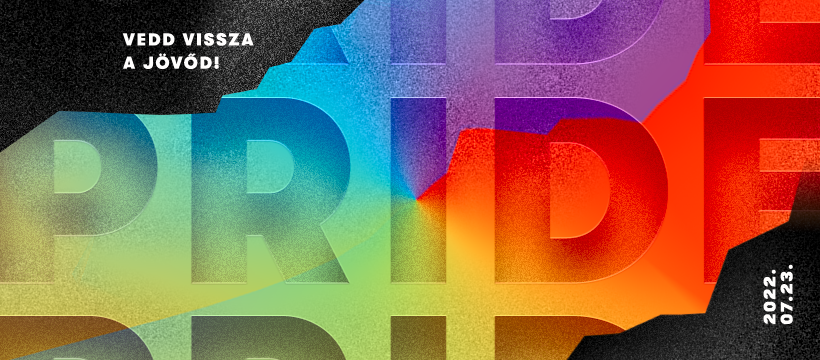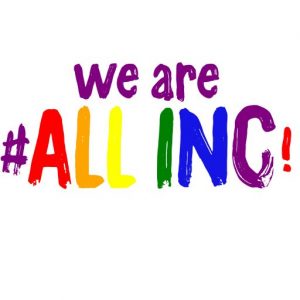Rainbow over the dark clouds
A little over a year ago, we posted a rather sad blog entry shortly after the Hungarian Parliament had passed a bill that threatened the freedom of information about the LGBT+ community.
A brief reminder: this bill banned sharing every information about homosexuality, transgender people, etc., among people under eighteen. The two keywords were presentation and popularization, which activities were forbidden for the media and advertising agencies.
Although for schools only popularization was banned, the thin line between these two concepts brought uncertainty to even brave and open-minded teachers; they would have to face consequences if a student, a colleague, or a parent complained about the LGBT+ related content of a given lesson.
The situation was made even more difficult when the Government announced a later referendum for strengthening the bill. Although it was unsuccessful, thanks to the NGOs’ active campaign for voting invalid, as we predicted in this other blog post, the great number of pro votes was enough for the Government to use this result as further verification of the bill.
Fortunately, LGBT+ organisations and supporters don’t despair and continue their activity. Budapest’s 27th Pride Festival started on the 24th of June with the powerful slogan “Claim back our future together!”. The month-long program is rich with cultural and social events. Many Hungarian performers, artists, and public activists have joined the program and shared their thoughts and confessions with the public. Pride Month will end with the traditional march, whose venue this year is the Pest-side bank of Danube with the picturesque view of the Buda-side.
But resistance manifests itself not only at the collective level but individually as well. Many teachers promised to talk about alternate sexual orientation and identity in defiance of the Government’s constraints. We bring here testimony of two Hungarian teachers:
As a rather young teacher who teaches literature I find it very important to keep my integrity as a bisexual person. (Teaching about Sappho, Shakespeare, etc. and Hungarian authors such as Kölcsey —the author of our national anthem, who wrote love letters to a man—. Of course I bring these to my classes. We need representation and fun, relatable content, right?) Working with students makes our job easier! I’m really grateful that I don’t have to teach my colleagues, and I try to avoid this topic in the workplace. Students bring up the question of sexuality regardless of any political guidance, and as a teacher who finds it extremely important to create a safe environment for them, of course we still talk about it. I have openly gay, bisexual and non-binary students, and relying on the contact hypothesis, more and more classes are aware and accepting in our school, which takes pride in traditional values. My takeaway: you can silence teachers up to a certain point, but you cannot silence the young, and luckily, they are the future!
[Hunor, age 25]
I’ve been teaching at this school in Budapest for 15 years now and I am happy to say that there is a definite positive change in terms of LGBT+ visibility and acceptance in the school environment. Although the school itself is rather privileged and is located in the nation’s capital, we can see that more and more students come out, and we have transgender students as well. We used to have some previously, too, but the tendency was that they came out after school leaving. I wouldn’t say it is easy for them, but most of their peers are supportive and so are the majority of the teaching staff —some of the teachers have a hard time adjusting e.g., not calling the student by their chosen name, etc.—. There is progress, we need to focus on the positive changes. NGO’s can’t come to the school for the usual sensitisation programs and so on, but we, who are still in teaching and find this issue important, we can be the change.
[István, age 42]
Our earlier blog posts were full of somber thoughts and anxiety. With today’s entry, we want to show the world that freedom and love can fight against oppressive policies. Although there are dark clouds above us, we also see the rainbow over them.
This post contributed by AllInc!’s Hungarian team of Erzsébet, Imre, Kevin and Zoltán — köszönöm csapat!







